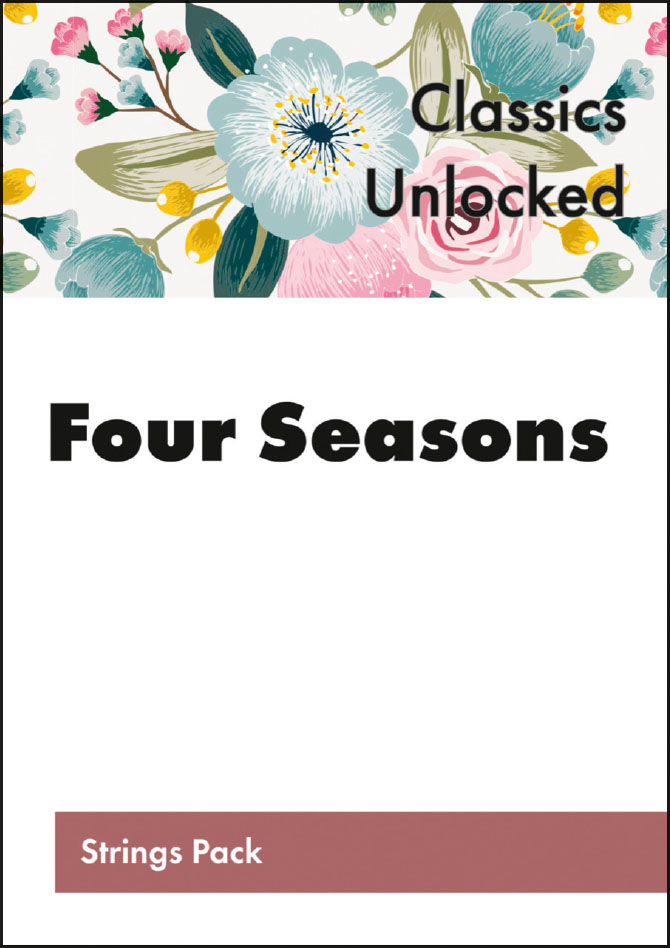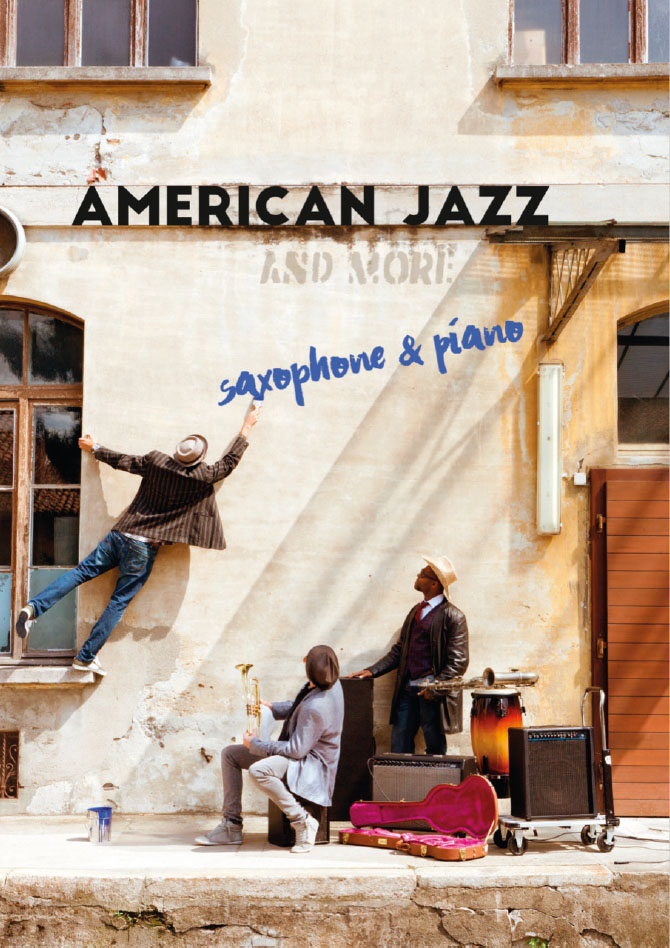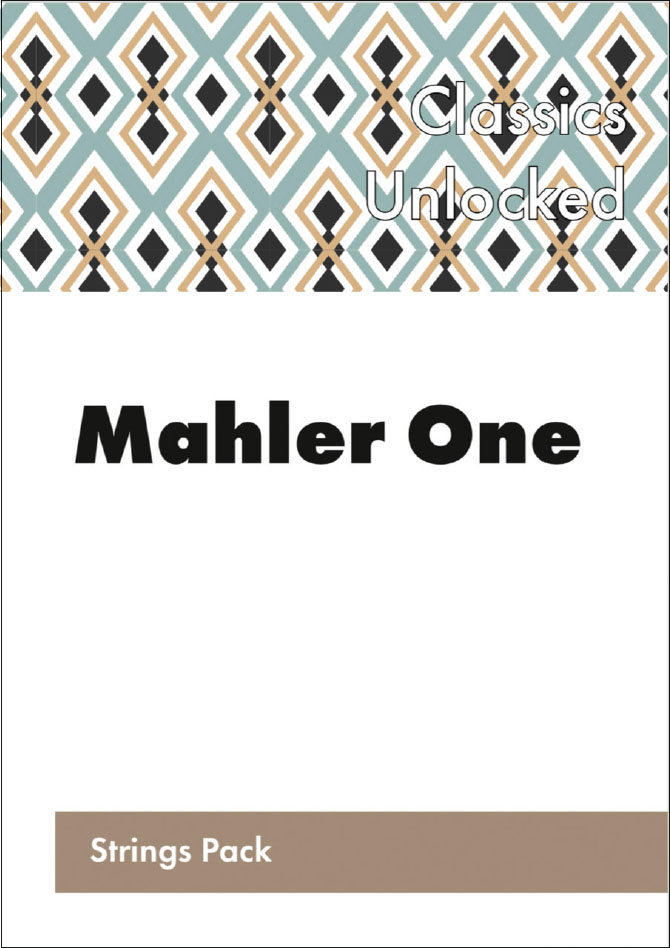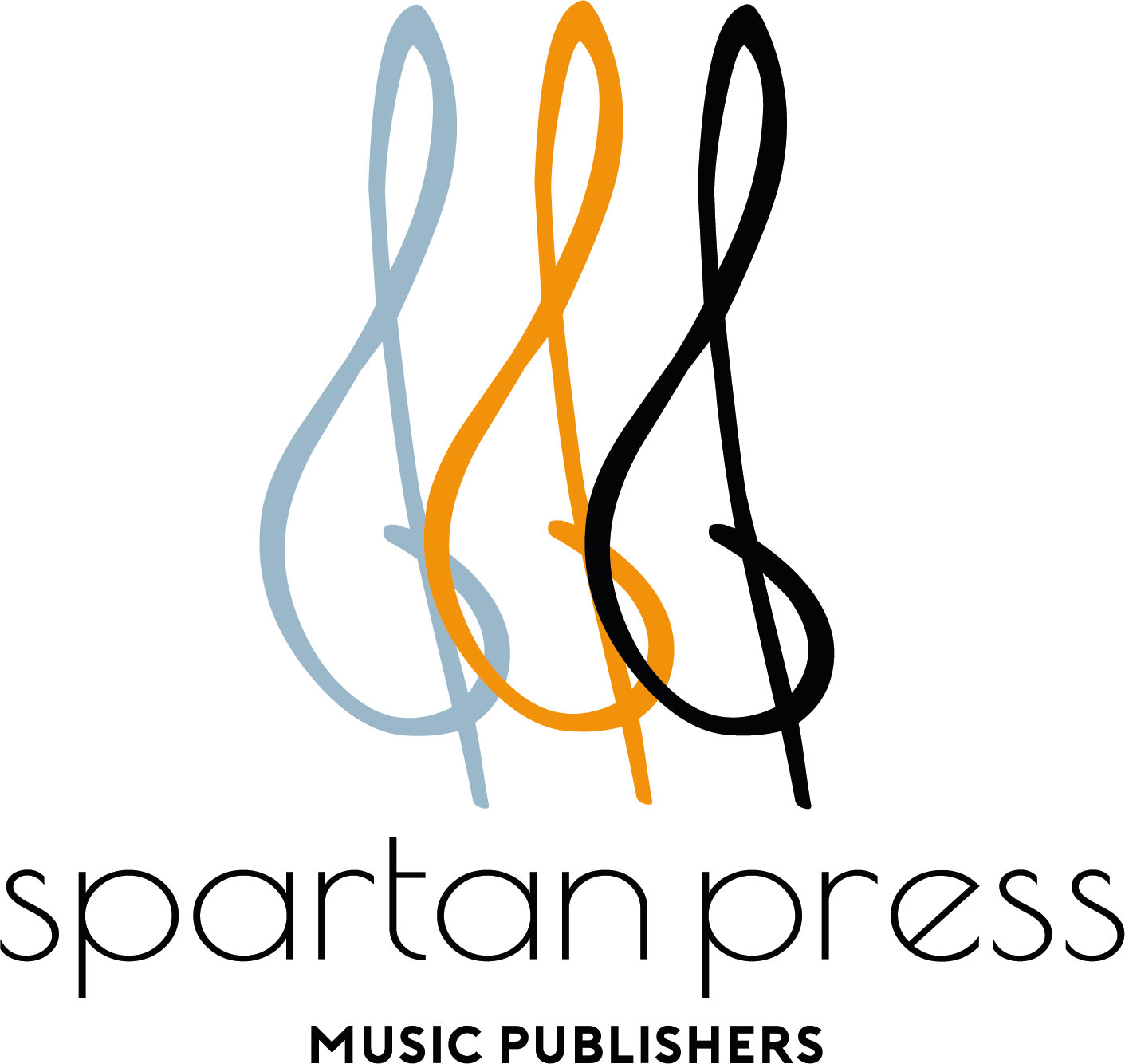
Dave and Claire Candy became the owners of Spartan Press, based at Kingussie in the Highlands of Scotland, on New Year's Day. Since then, it has been a case of out with the old – the cartoon ‘Spartan Man’ replaced with a new logo – and in with the new: an updated approach to a catalogue which includes somewhat eccentric titles such as ‘Buffoonery’ or ‘Bach bites back’, and significant plans for development.
‘We arrived at the Music and Drama Education Expo in Olympia with a massive neon version of our new company logo and a lot of our newly redesigned editions,’ says Claire, the company's creative director and someone who speaks enthusiastically about the challenges they face in giving the company a renewed vigour.
Managing director Dave Candy has been in music retail for nearly 20 years, working first at Kensington Chimes and then helping to found the shop at the Royal Academy of Music. Six years ago, he took a job at Spartan, moving the family from London to the Highlands. He recalls how he and Claire came to buy the business from then owner Mark Goddard. ‘Mark came out with me and sat down and told me that they wanted to retire, and it was literally: “You're going to buy my company”,’ says Dave.
‘It came as a bolt out of the blue and I didn't really know what to say. But at the end of the day, if Mark was intending on retiring, I wanted to take the company in the initial direction that Mark had done, with the whole independent thing – not selling out to one of the major multinationals. But it did need developing and modern thinking. We thought, yes, we've got to go for this. You don't get this sort of opportunity very often.’
That set the ball rolling towards the Candys becoming owners of Spartan Press and its sister company, Fuller Music. What had seemed a daunting prospect at the outset soon presented a range of opportunities. ‘With Dave's knowledge of the industry and my fresh perspective we can take the company forward, and that is exciting,’ says Claire.
‘We've been working through the back catalogue, refreshing everything,’ she says. ‘Spartan has 1,300 titles and that's before counting the publications of other music houses which come under the Spartan banner.



‘It can be useful to stand out,’ she adds. ‘But it's important these things don't become a barrier to the work. After all, we are here to give voice to the music inside the pages. It's time to move things forward.’
One series of abridged arrangements of large-scale classical works has been rebranded as Classics Unlocked. ‘These are excellent publications abridged and arranged as 10- to 15-minute pieces,’ says Claire. ‘They're originally big pieces: Bruckner Seven, Schubert Five, Mahler One, Beethoven Five and Brahms Three, among others. They're available in strings, woodwind and brass packs with additional parts available for 99p. The great thing is that you fit your own class around the parts available. You can mix and match and end up with something manageable.
‘We're finding that teachers have to be much more diverse in what they can offer these days, because they could suddenly find they have a class of ten strings, a flute and a trombone. What could they play? With one of these sets, they could be playing Brahms Three.’
This early rebrand is indicative of what will be a continuing priority for Spartan under its new owners: providing useful resources for the music education sector. As Dave Candy says: ‘We want to make a big push on Classics Unlocked and get some more titles in that series.
‘Education has always been the core of what Spartan produces,’ says Dave. ‘We will always honour that and keep that going forward.
‘We're in contact a lot with ABRSM and Trinity College London, and we've got lots of activity coming that's going to develop our whole-class ensemble tuition programmes for hubs and music services,’ says Dave. This base, he adds, could allow Spartan to further develop its range to include, among other things, brass band and more choral repertoire.
Updating and developing the huge back catalogue – although not everything needs attention – is only part of the story. The company issues seven or so new publications each month and, by way of the sister retail outlet Fuller Music, has a catalogue of more than 150,000 items from publishers such as Faber, OUP, ABRSM and Schott. Spartan also acts as distributor for nearly 30 agencies – for example Rodney Slatford's Yorke Edition (Spartan's double bass catalogue is particularly strong), Alan Bullard's Colne Edition, and Thomas Gregory's Vamoosh Music.
‘In the current marketplace, it can be very difficult to be seen,’ says Claire, ‘and we have to be sure that we do not get in the way of the consumer being able to see our products.’
Online trading is crucial for Spartan, and despite its rural location at least 85% of parcels reach their destination with next morning delivery. The company is also picking up more European sales than ever before.
‘We're also on Amazon and eBay but we maintain a direct phone service so people can talk to us,’ says Claire.
‘The emphasis now is to bring the brand up to industry standard and proactively build from the foundations we were given. That doesn't currently and never will mean becoming mainstream. That's not how Spartan rolls. But it does mean giving our products a fighting chance in the marketplace and giving the music the respect it deserves.’









